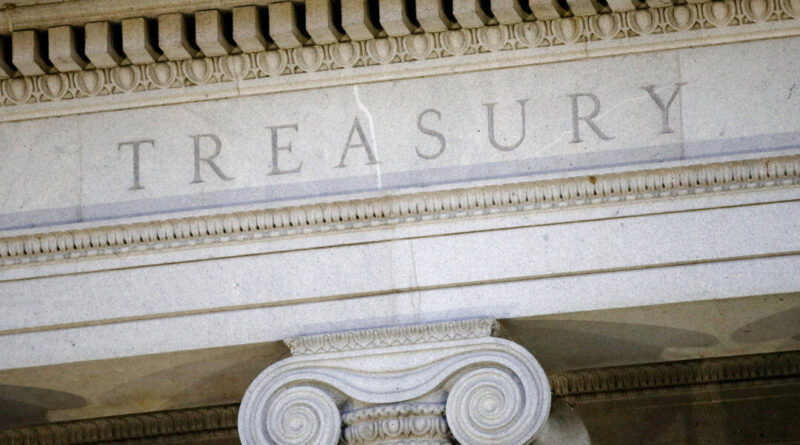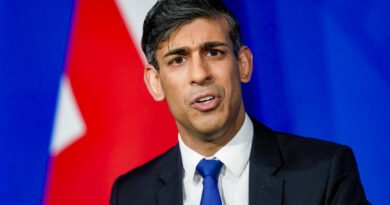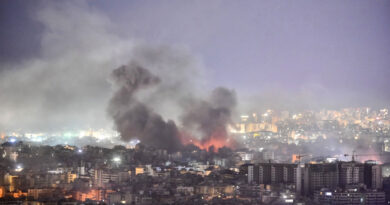Frozen Dessert Company and Pharmacy Linked to Sinaloa Cartel Facing US Sanctions
The sanctions also targeted five leaders of Clan de Golfo, one of the largest drug trafficking organizations in Colombia.
The U.S. Treasury Department on Tuesday sanctioned two Mexico-based companies—a pharmacy and a frozen dessert company—that it said were owned by the Sinaloa Cartel.
The Treasury said the Sinaloa Cartel is “one of the most notorious and pervasive” drug trafficking organizations, responsible for the trafficking of vast amounts of illicit fentanyl and other drugs into the United States.
It said that members of the cartel have allegedly been using proceeds from illicit drug trafficking to establish businesses that can appear to operate legitimately.
The two Sinaloa-linked companies targeted in the sanctions are the Sonora-based Farmacia y Mini Super Trinidad pharmacy and Nieves y Paletas EVI, a frozen dessert business with multiple locations in Culiacan, Pueblos Unidos, and Tacuichamona.
According to OFAC, CDG is one of Colombia’s largest drug trafficking organizations that sends “multi-ton quantities of cocaine” to Panama, Mexico, and other countries in Central America via maritime routes.
The sanctioned CDG leaders are Jose Miguel Demoya Hernandez, Alexander Celis Durango, Jose Gonzalo Sanchez Sanchez, Jose Emilson Cordoba Quinto, and Wilder de Jesus Alcaraz Morales. Three of them are wanted by Colombian authorities and remain at large.
The federal government is “committed to using every tool at our disposal to combat the cartels that are poisoning our communities with fentanyl and other deadly drugs,” Deputy Secretary of the Treasury Wally Adeyemo said in a statement.
The sanctions were announced as OFAC Acting Director Lisa Palluconi is scheduled to visit Colombia and Mexico this week for talks with the governments of both nations, according to the Treasury.
Palluconi’s visit was aimed at enhancing U.S. regional ties, promoting sanctions compliance, and safeguarding the financial system from the proceeds of illicit drug trafficking, the Treasury said.
Two factions of the powerful Sinaloa cartel have clashed in the state capital of Culiacan recently, with teams of gunmen—or sicarios—shooting at each other and the security forces.
The uptick in violence followed the capture of Ismael Zambada in El Paso, Texas, on July 25. Zambada has alleged that he was kidnapped in Mexico and flown to the United States by Joaquín Guzmán, a senior crime boss in a rival faction of the Sinaloa Cartel who had been holding talks with the United States about surrendering.
Asked if the U.S. government was “jointly responsible” for the violence in Sinaloa, Mexican President Andrés Manuel López Obrador said last week, “Yes, of course … for having carried out this operation.”
López Obrador, who is due to step down next month, said that U.S authorities “carried out that operation” to capture Zambada and that “it was totally illegal, and agents from the Department of Justice were waiting for Mr. Mayo.”
“What is being seen in Sinaloa is not the fault of the United States,” Salazar told reporters in Mexico on Saturday, adding that the country cannot be held responsible for “the massacres we see in different places.”
Chris Summers, Reuters, and The Associated Press contributed to this report.





